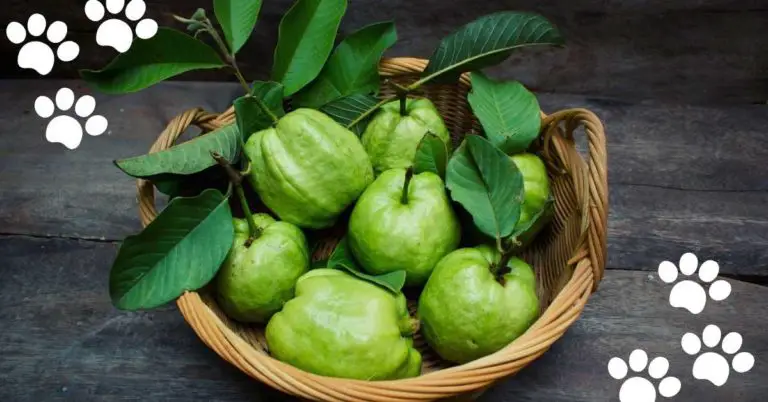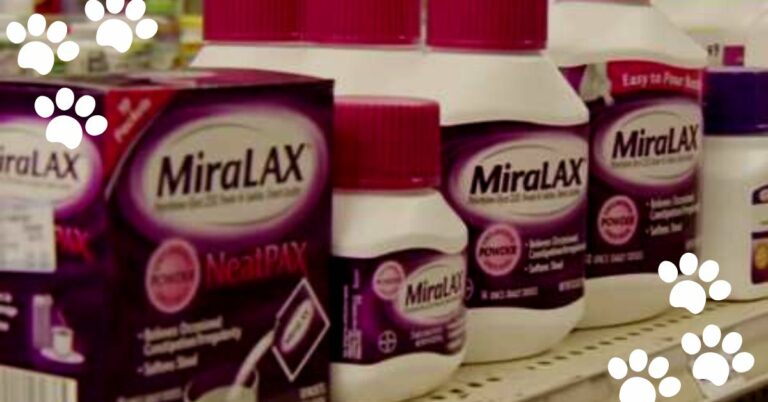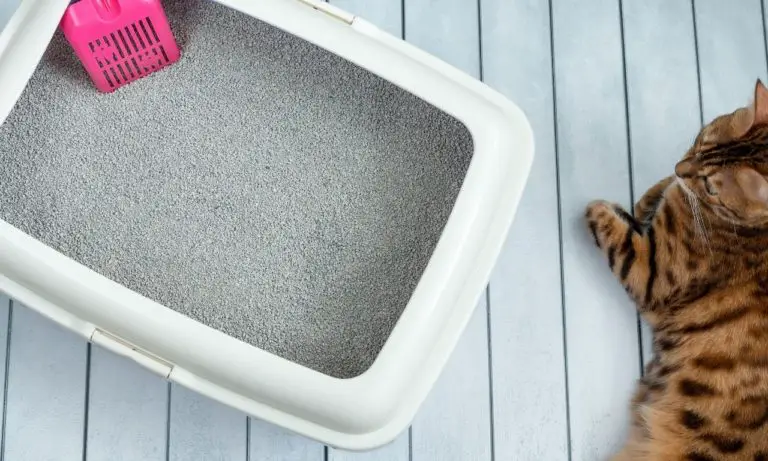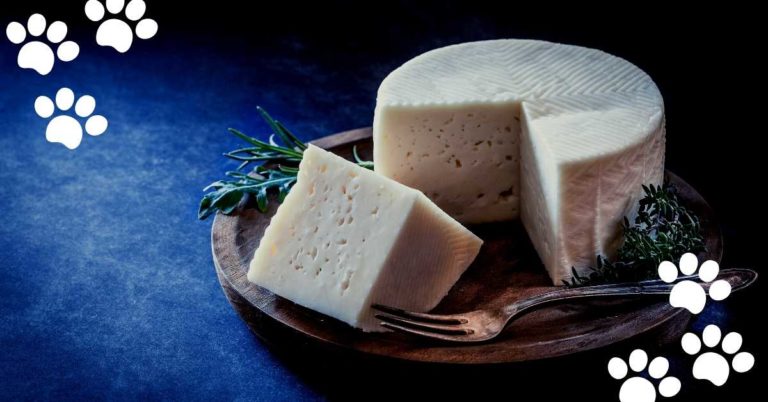Can Cats Eat Apricots? A Guide for Pet Owners
Navigating a feline’s dietary needs can be as nuanced as the creatures themselves, especially when it comes to deciphering which human foods might be safe treats and which are potentially toxic. In the world of fruits, apricots are often lauded for their nutritional punch, leaving cat owners wondering if these orange jewels of the summer season can be safely shared with their furry companions.
Understanding what apricots offer in terms of nutrition, any potential risks, and alternative treats appropriate for your feline friend is crucial. This comprehensive guide is tailored to animal health enthusiasts, cat owners, and pet lovers keen on ensuring their cat’s diet is both palatable and holistic.
Nutritional Value of Apricots
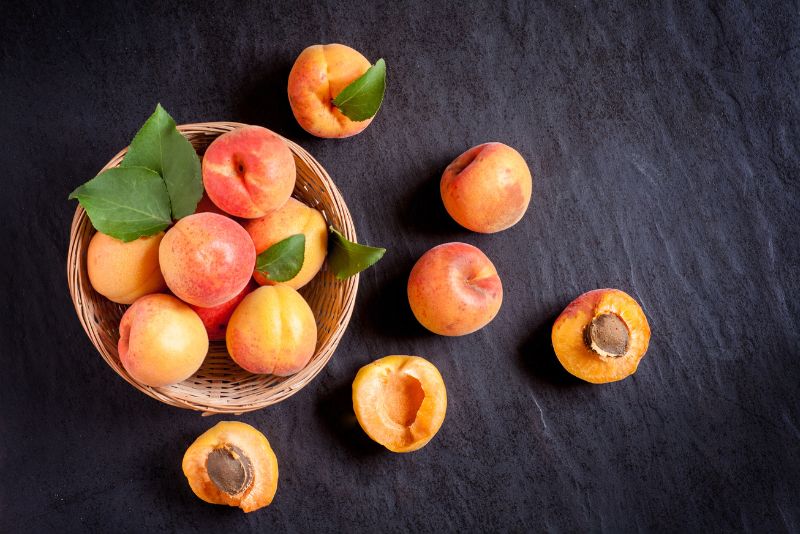
Before we examine whether apricots are suitable for your cat, it’s essential to understand their nutritional profile. Apricots are rich in a variety of vitamins and minerals that, in moderation, can offer health benefits to felines.
Apricots contain high levels of vitamin A, which is important for maintaining healthy vision, skin, and immune function in cats. They also pack a good dose of vitamin C, an essential nutrient for the growth and repair of tissues, as well as aiding in certain metabolic functions. Additionally, the fiber content in apricots can promote digestive health, which can be particularly valuable in the prevention of hairballs in cats.
However, it’s important to note that cats are obligate carnivores, which means their nutritional requirements are primarily met through animal tissue. Therefore, while the nutrients in apricots are not harmful, they might not be as beneficial as they are for humans.
Risks and Concerns
Despite the potential health benefits, apricots do pose several risks for cats. The fruit pits, or kernels, contain amygdalin, a compound that can break down into cyanide. Even a small amount of cyanide can be toxic to cats and lead to symptoms ranging from gastrointestinal distress to more severe issues like difficulty breathing and even coma.
Apricots, like other fruits, are also high in natural sugars, which can contribute to obesity and dental issues in cats. Over time, feeding sugary fruits can lead to diabetes or exacerbate the condition in cats prone to the disease. The acidity of the fruit can also be harsh on a cat’s stomach, leading to vomiting or diarrhea.
Cats are not typically drawn to sweet tastes, so the likelihood of a cat eating large quantities of apricots is low. Nevertheless, it’s crucial to ensure that any food offered to your cat is free of pits and consumed in small, controlled portions.
Feasibility of Feeding Apricots to Cats
Before offering apricots to your cat, consider these factors:
- Preparation: Always remove the pit and any seeds from the fruit flesh, as they can be choking hazards or contain toxic substances.
- Portion Size: If your cat enjoys apricots, offer no more than a tiny piece as an occasional treat. Treats should make up no more than 10% of a cat’s daily calorie intake.
- Reaction and Monitor: Watch your cat after they consume apricot and look for any signs of distress or unusual behavior. If there are no issues, continue to monitor and only offer the treat sparingly.
It’s important to remember that just because a cat enjoys a certain flavor does not mean it’s good for them. Err on the side of caution and prioritize their health.
Alternatives and Safe Treats
If you’re keen on offering treats that your cat will enjoy without the associated risks of apricots, there are several safe and healthy options. These include:
- Freeze-dried meat or poultry treats specifically made for cats.
- Small, cooked and unseasoned pieces of fish or chicken.
- Catnip, a natural herb that cats find highly stimulating and enjoyable.
- Commercially available cat treats, making sure to check for high-quality ingredients and no harmful additives.
Cats derived most of their moisture from food in the wild, so incorporating some water into their treats, such as a wet cat food on occasion, is a thoughtful choice for hydration and variety.
Conclusion
The relationship between cats and apricots, and indeed fruits in general, is one of caution and moderation. Considering the potential benefits and risks, alongside the unique dietary needs of your pet, is imperative. Always consult with your veterinarian before introducing any new food into your cat’s diet. Their professional guidance can ensure your cat’s health and happiness are the main ingredients in a well-balanced pet parent’s recipe.
In essence, while apricots can be enjoyed safely by cats in very small quantities, the risks associated with them often outweigh the benefits. It’s best to stick with a diet catered to your cat’s unique needs, with the occasional vet-approved treat for that extra feline delight. Keep exploring the fascinating world of feline nutrition with the care and love your cat deserves.


